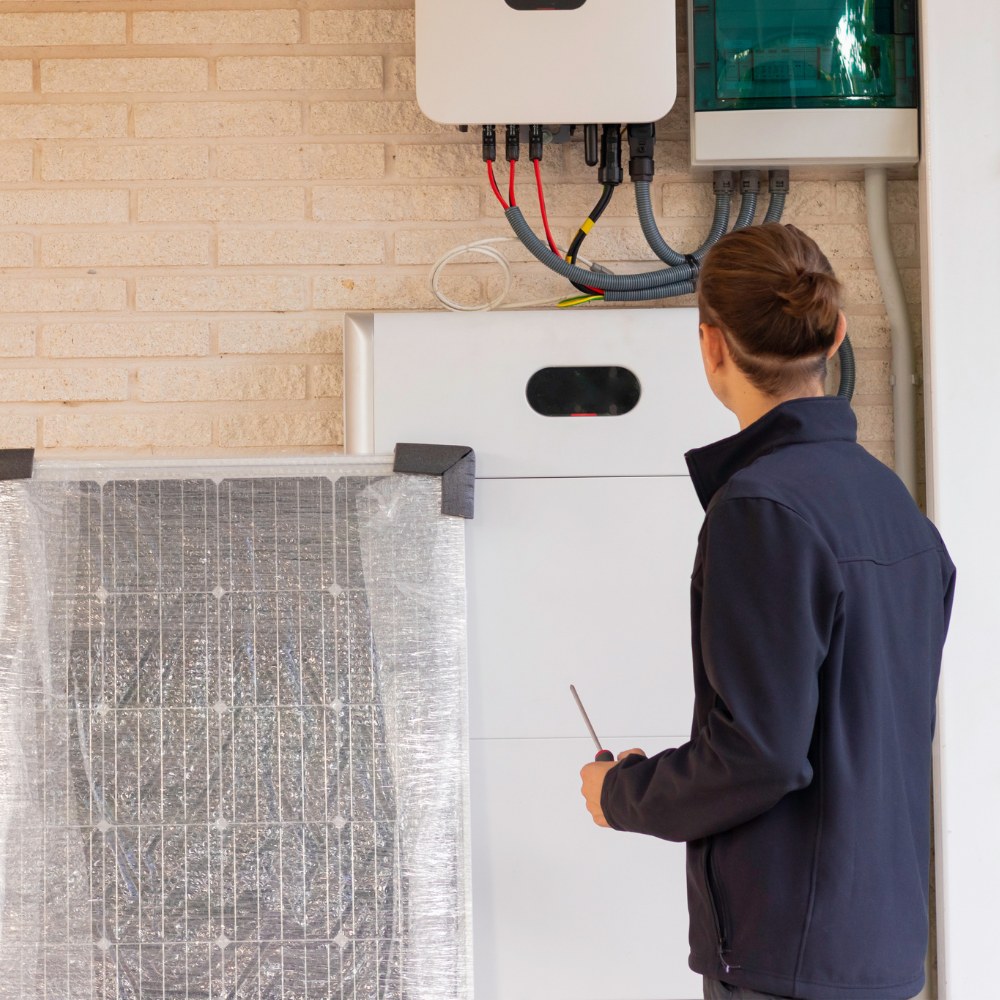Power bills could be a thing of the past for millions of Aussies, as landmark home battery rebate schemes kick off today, marking what the Clean Energy Council – the leading peak body for the industry - is calling Energy Independence Day.
Clean Energy Council General Manager - Distributed Energy, Con Hristodoulidis, said the commencement of the Commonwealth’s Cheaper Home Batteries Program and Western Australia’s Residential Home Battery Schemes represents a major milestone for Australia’s clean energy future as Aussies equip themselves with the tools to slash their family power bills, reduce grid reliance and access significant savings.
Today is a defining moment in Australia’s clean energy journey. Home batteries are no longer unaffordable - with the new rebates and no-interest loans they are now within reach for everyday Australians, driving energy independence and lowering household costs.Con Hristodoulidis Clean Energy Council General Manager - Distributed Energy
“Home batteries allow households to store cheap excess solar power generated during the day for use in the evening, when energy prices are at their peak. It also acts as an emergency backstop during blackouts or can be sold back to the grid, maximising savings and improving energy resilience.
“This is a win on every level. Energy independence means families can double their bill saving just by connecting a home battery to their rooftop solar; this supports greater renewable energy penetration in the system, reducing the strain on the grid which benefit households with and without solar; and cutting emissions which contributes to a cleaner energy future."
Clean Energy Council data shows battery installations jumped 50 per cent in the second half of 2024, with more than 45,000 systems installed, as Australians increasingly sought energy autonomy.
“Despite Australia's world-leading rooftop solar uptake, boasting over four million installations, 96 per cent of these homes still do not have a battery attached to it. That is changing fast. The new battery incentive schemes are designed to break down cost barriers and accelerate widespread adoption,” he said.
Under the Commonwealth program, households can access a 30 per cent discount on the upfront purchase price for home batteries with a capacity of up to 50 kWh. In WA, the scheme provides rebates of up to $5,000 for Synergy customers and up to $7,500 for Horizon Power customers for battery systems up to 10 kWh, with interest-free loans of up to $10,000 available for eligible households.
“Both schemes have already sparked strong interest from consumers, with latest SunWiz data showing that battery sales outpacing PV systems for the first time in May 2025. Our industry stands ready to meet this heightened demand to support a successful nation-wide rollout," Mr Hristodoulidis said.
“There are now over 750 Clean Energy Council-approved battery products available to consumers, a 17 per cent increase in just six months, giving Australians more choice than ever,” he said.
Approved home batteries must meet stringent safety standards and must be listed on the Clean Energy Council’s Approved Products List. WA systems are required to participate in a Virtual Power Plant (VPP) program and the Federal Cheaper Home Batteries program requires batteries to be VPP ready, enabling grid and market services, and ensuring greater system reliability and resilience.
Hristodoulidis said the Clean Energy Council, which represents 1,000 members in the sector, has long advocated for a national battery incentive scheme to help increase access to affordable and reliable power as the missing piece in Australia’s clean energy transition.
“Today it is clear Australia’s love affair with rooftop solar will continue to shine brightly for years to come,” Mr Hristodoulidis said.
With the right policy, technology, and consumer support, Energy Independence Day marks the commencement of Australia’s home battery revolution. This is not just a milestone, but the next chapter in our nation’s clean energy journey - the next phase in consumers taking control of their energy bills.Con Hristodoulidis Clean Energy Council General Manager - Distributed Energy
To view the Clean Energy Council’s approved battery products list please visit: www.cleanenergycouncil.org.au.
ENDS
For more information or to arrange an interview, please contact:
Liam Straughan
Clean Energy Council Media Officer
+61 409 470 683





